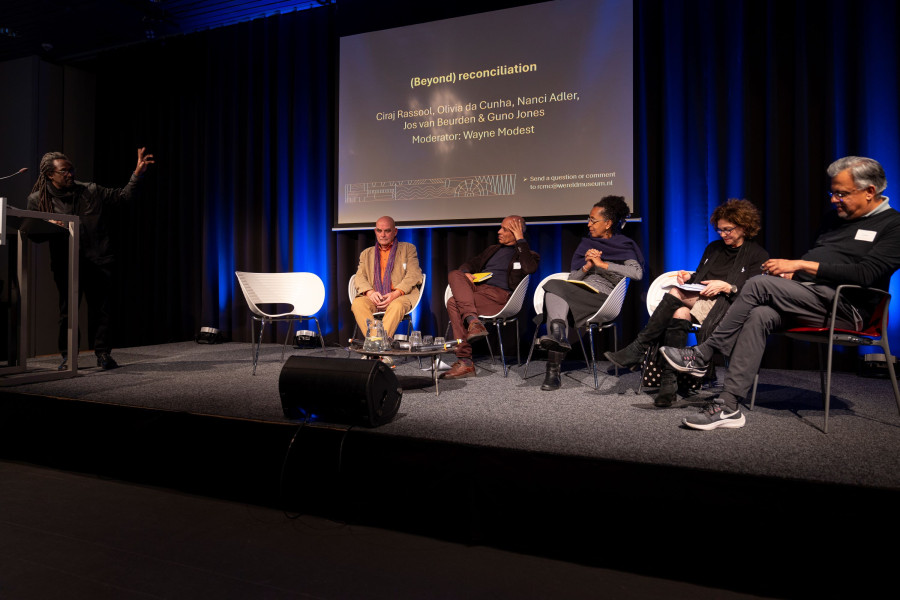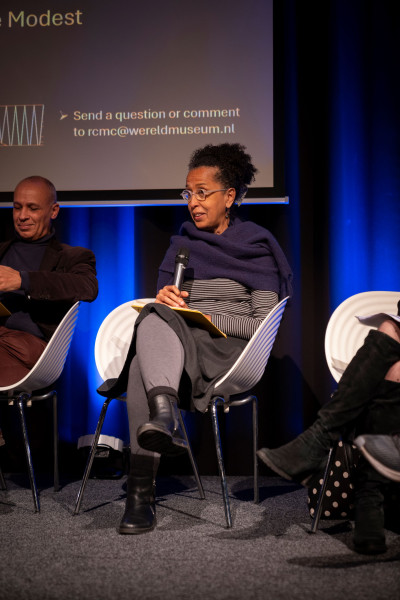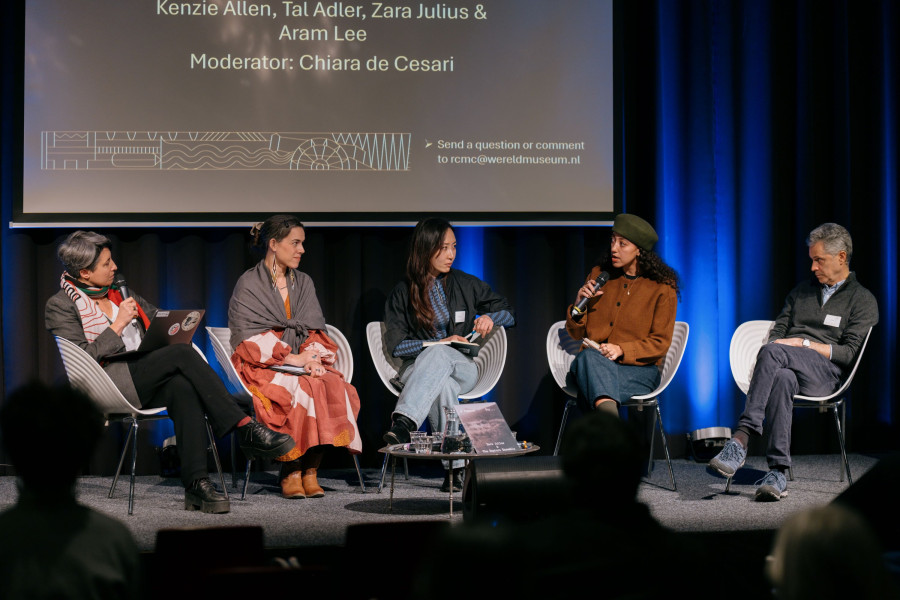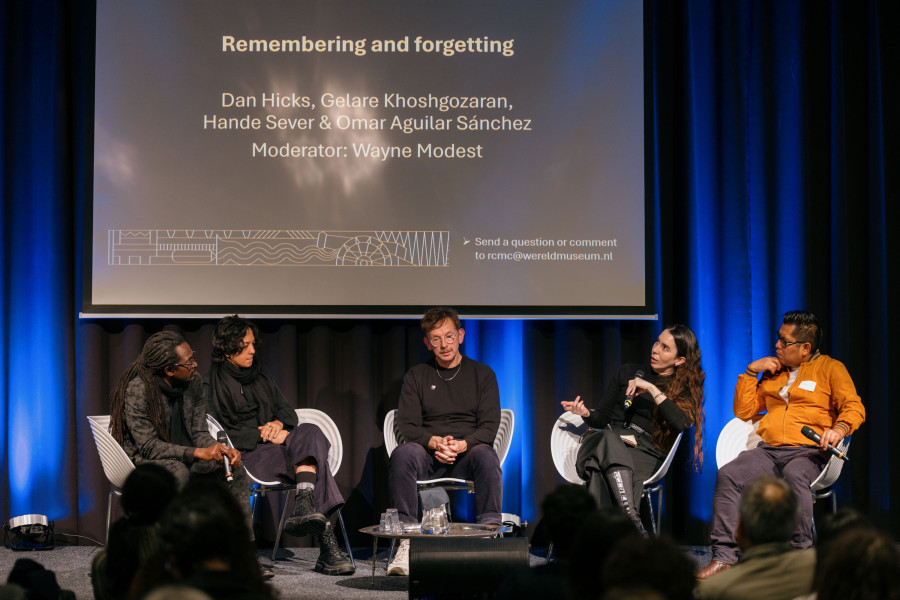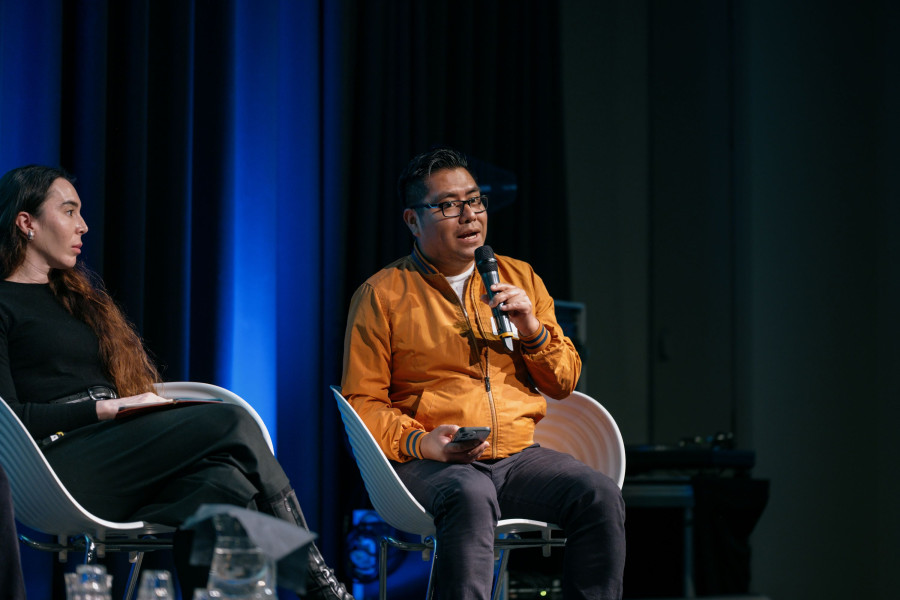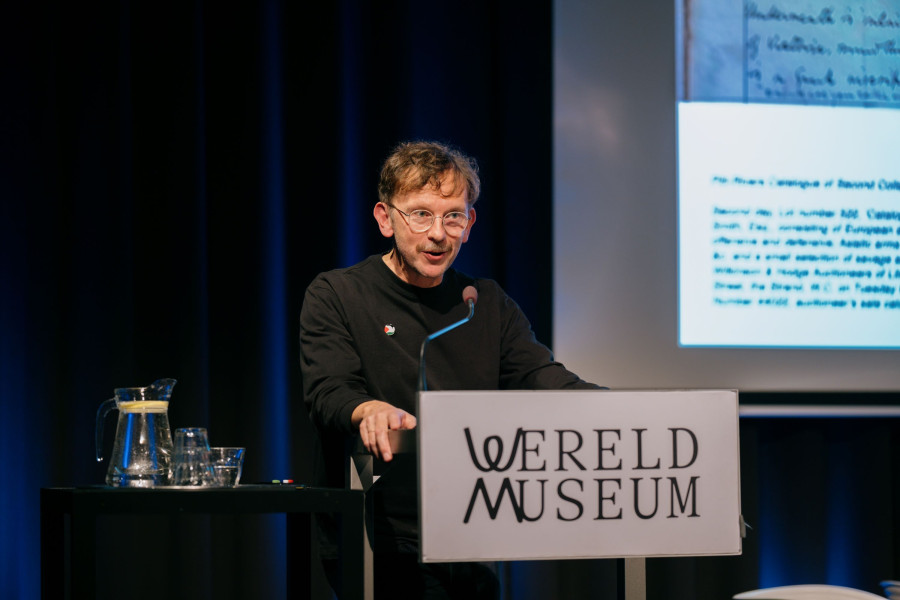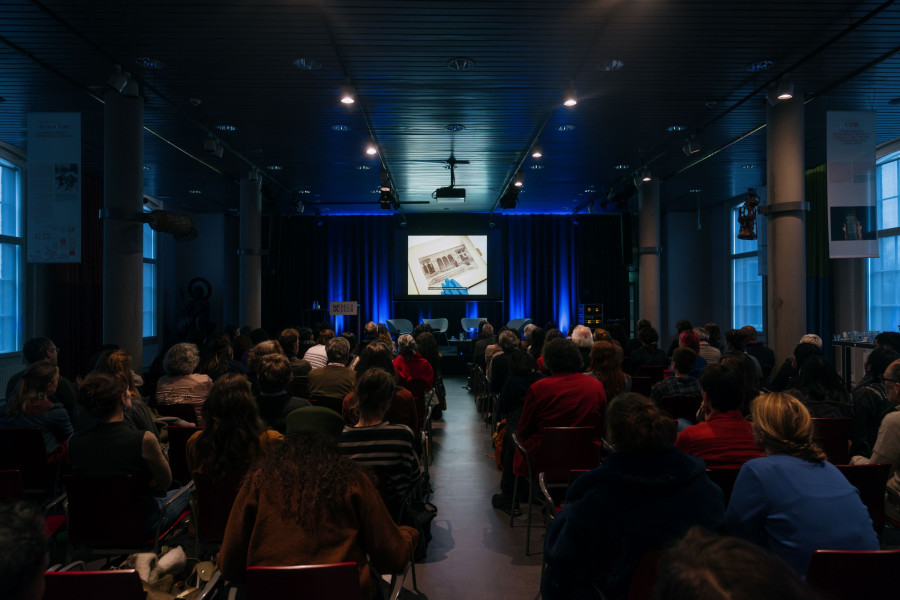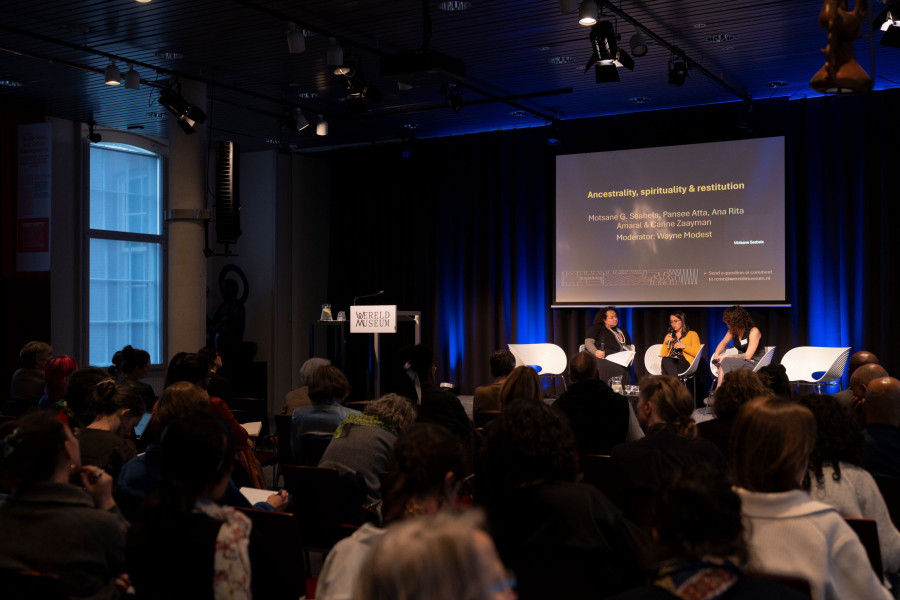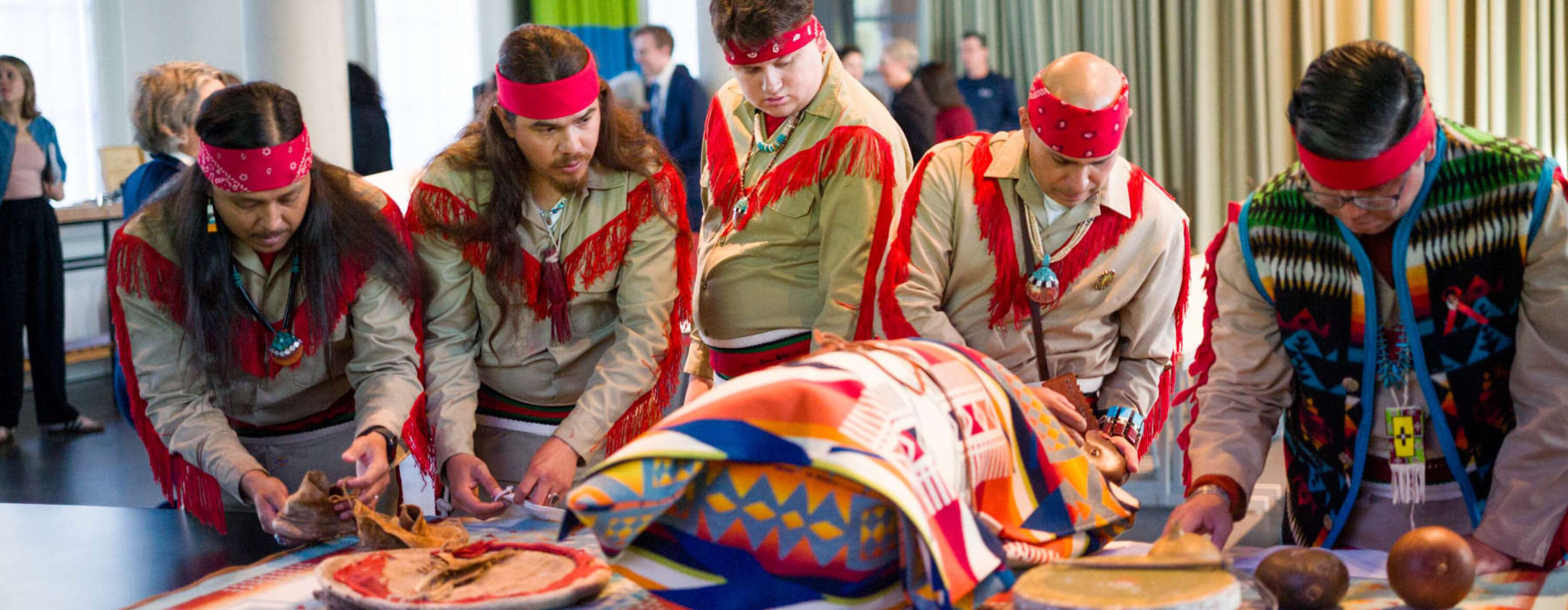
This conference is conceived of as a series of provocations from distinguished international scholars who have been involved, both theoretically and practically, in the discussions around the question of what to do with the objects collected during the colonial period that now reside in European Museums. Each presenter is asked to respond to the question 'what now, what next?'. These presentations will be followed by extended conversations with the different researchers from the Pressing Matter project about their initial aims at the beginning of the project, what we have done, and how these aims may have been revised over the period of the project. Importantly, the conference explores what further work must be done to achieve the kinds of changes that Pressing Matter had imagined at the start of the project: to explore how we might conceive of restitution beyond its programmatic and policy limitations, but also to address the questions that this restitutionary moment raises in national and international contexts about living within the afterlives of colonialism.
Critical work remains to be done around restitution, with the many shifts that have happened globally over the last four years. Questions of restitution have become increasingly urgent concerns across several European countries in the last five years. Moreover, several countries of origin established their own frameworks for restitution that have been directed towards different national governments and museums across Europe. While there may have been initial resistance to returning objects, in the Netherlands alone a national restitution policy now has been implemented and there exist some general consensus about the importance of restitution. Approximately 1,000 objects have been returned, including objects to Indonesia, Sri Lanka, Nigeria, the United States, and Mexico. What possibilities have these changing policies and returns opened and what have they foreclosed? And importantly, what does it mean differently for Europe, in this case the Netherlands, and for the countries or cultural groups to which objects have been returned. In what ways are the relationships developed in these processes of return, opening different forms of relation beyond older colonial structures?
